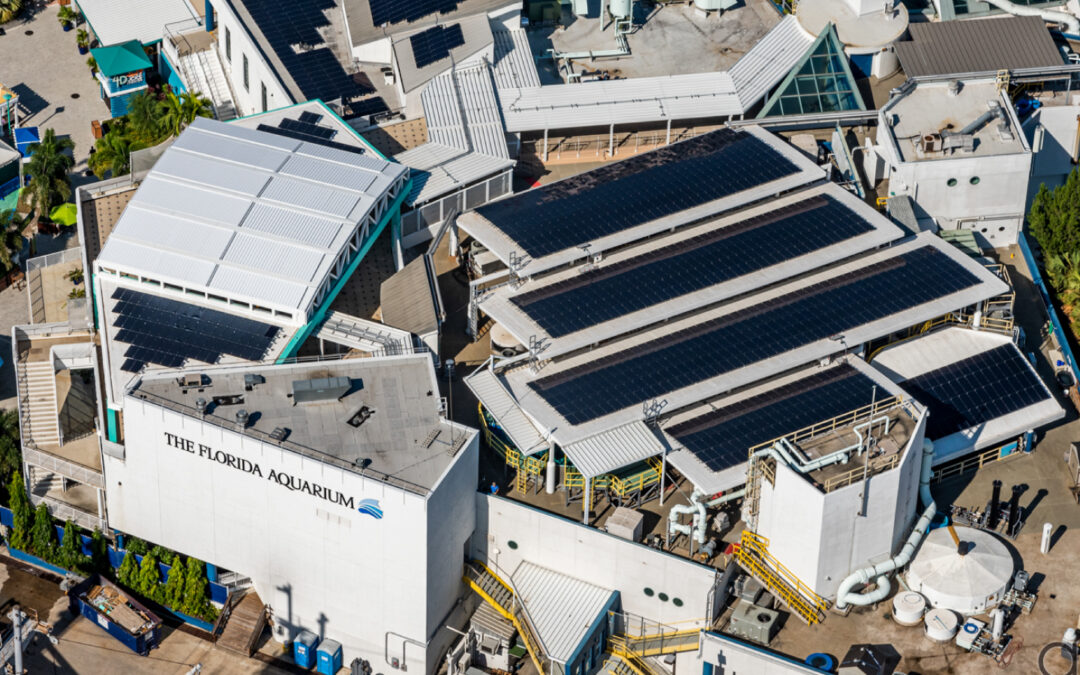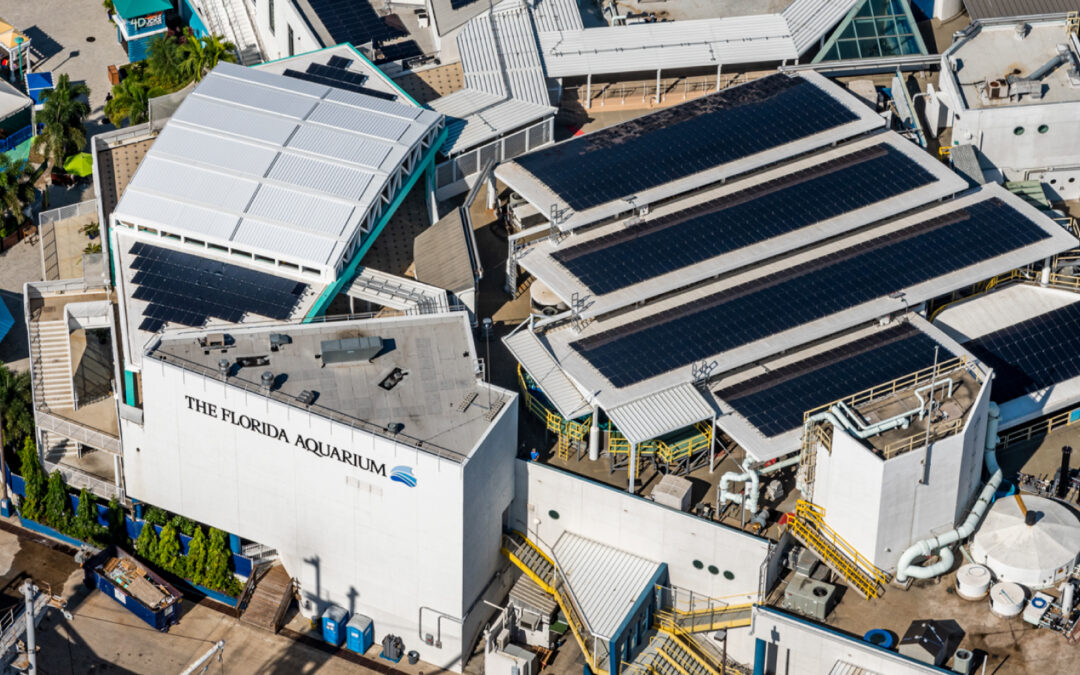Solar-powered transportation creates a sustainable future for the automotive industry, addressing climate change and environmental issues. Integrating solar technology into transportation offers a promising solution. This paradigm shift towards solar-powered vehicles reflects our commitment to reducing carbon footprints and reliance on traditional fuels.
As technology advances, the USA is gearing up to embrace the transformative potential of solar-powered electric vehicles, which are set to become a crucial part of our move towards more eco-friendly transportation.
Amidst the challenges of climate change, solar energy has emerged as a sustainability champion. Simultaneously, the ascent of Solar-Powered Electric Vehicles (EVs) heralds a promising eco-friendly future for the automotive sector. By utilizing solar energy for EV charging, the sustainable mobility industry is taking a substantial stride towards greener development, which aligns with the government’s aim of transforming the USA into a 100% EV nation by 2030.
Integrating solar energy and EVs isn’t just about environmental advocacy; it’s a pragmatic and forward-looking solution that ensures a cleaner, more sustainable future. With ongoing technological advancements, the USA is poised to embrace the transformative potential of solar-powered EVs, shaping a greener transportation landscape.
The Mechanism Behind Solar-Powered Transportation
Solar Panels and Their Role
Solar panels, aka photovoltaic cells, are at the core of solar-powered transportation. These panels are placed on vehicles to soak up sunlight and turn it into electricity. They work by absorbing sunlight, which creates a flow of electrons, powering the vehicle’s electric motor.
Integration with Electric Vehicles
Adding solar panels to electric vehicles (EVs) increases their range and reduces reliance on external charging stations. This combination of solar power and electric mobility is a significant step towards a more self-sufficient transportation system.
Advantages of Solar-Powered Transportation
Environmental Benefits
The environmental benefits of solar-powered transportation are vast. Unlike traditional vehicles that depend on fossil fuels, solar-powered cars emit zero emissions during operation. It cuts air pollution and greenhouse gases, making the air cleaner and the planet healthier.
Cost Savings for Users and Businesses
Beyond environmental benefits, solar-powered transportation offers economic advantages. Users can capitalize on substantial cost savings by harnessing free solar energy for their daily commute. Moreover, businesses operating fleets of solar-powered vehicles can experience long-term financial benefits through reduced fuel costs and maintenance expenses.
Challenges in Implementing Solar-Powered Transportation
Solar-Powered Charging Stations
Yet, challenges loom on the horizon. Efficiency concerns, limited energy storage, and the weather’s whims pose hurdles to widespread adoption. Nevertheless, tireless research and innovation strive to overcome these obstacles, driving us toward a brighter tomorrow.
Innovations in Solar-Powered Vehicles
Innovation knows no bounds in the world of solar-powered transportation. From cars that charge while parked to solar-assisted bicycles for urban commuting, these advancements showcase the versatility and potential of solar technology.
Government Initiatives and Policies
Governments worldwide offer incentives, subsidies, and regulatory support to propel the solar-powered revolution forward. With their backing, the transition to sustainable transportation becomes not just a goal but an imperative.
Solar-Powered Transportation in Different Sectors
Public transportation systems and logistics giants are embracing solar-powered options, paving the way for greener buses, trains, cargo trucks, and delivery vans. The wheels of change are turning, one sector at a time.
Community Engagement and Awareness
Education is vital in fostering acceptance and enthusiasm for solar-powered transportation. Through educational programs and community initiatives, we empower individuals to make informed choices for a cleaner, greener future.
This new idea lets everyone use a shared solar system, so even people without solar panels can benefit. It means anyone in the community can join the Solar-Powered EV movement, even if they don’t have space for panels, live in rentals, or can’t afford the installation costs upfront. This way, people can use clean, renewable energy and get credits on their electric bills.
Collaboration between industries
Collaboration is the cornerstone of progress. By joining forces, automotive manufacturers and solar technology companies can create seamless, efficient solutions that make solar-powered transportation a reality for all.
Consumer Perspectives
Understanding consumer needs and addressing concerns is paramount. We build trust and confidence in solar-powered vehicles by listening to feedback and dispelling misconceptions.
The Future of Solar-Powered Transportation
Transparent solar panels for vehicle windows, integrated solar skins, and advancements in energy storage – the future holds endless possibilities for solar-powered vehicles. With each innovation, we edge closer to a world where sustainability drives us forward.
Future of solar-EV Integration
The journey towards fully solar-powered vehicles is undeniably challenging. From optimizing energy generation and ensuring safety and reliability to addressing the limitations imposed by weather and environmental conditions, the world of Solar-Powered EVs has made significant strides.
Additionally, automakers are actively pursuing solar-powered vehicles to tackle battery recharging problems. Many OEMs are exploring integrating solar cells into various vehicle parts, maximizing energy harvest and efficiency. Innovation in solar cell technology and vehicle design is steadily overcoming these obstacles, pushing the world closer to a future where solar-powered EVs are the norm.
In Florida, the future of transportation sparkles with the promise of solar power. As we wholeheartedly embrace this revolution, we forge toward a cleaner, greener tomorrow in our community. Here, sustainability takes the wheel, guiding us towards a brighter future for generations.





